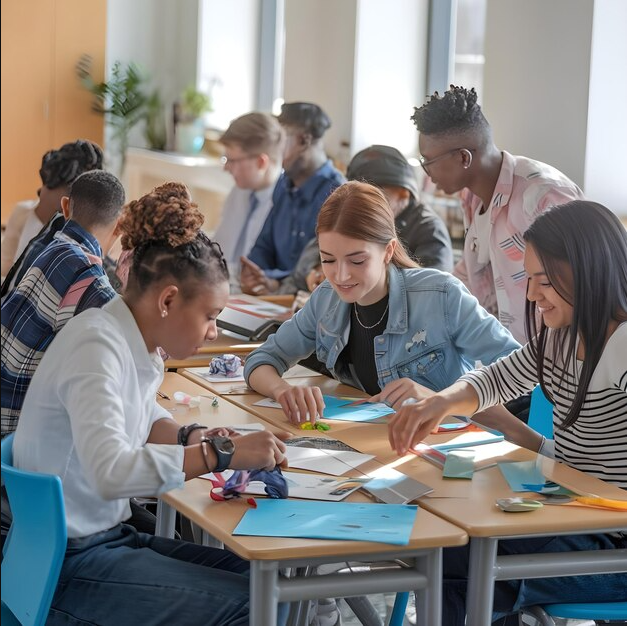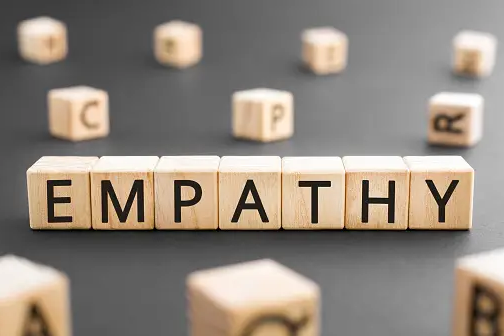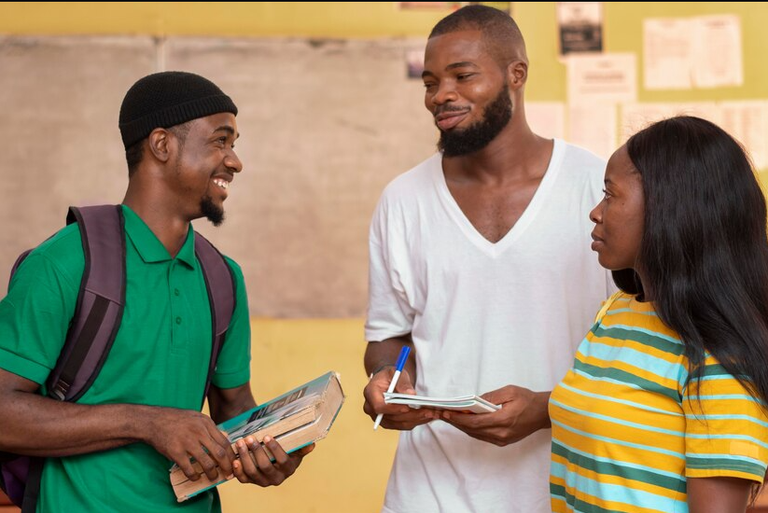In the present environment which is all about standards, assessments and technologies, compassion is sometimes sidelined or forgotten in the process of teaching and learning. This involves much more than mere identification if a person is experiencing difficulties; this involves a very intensive and strict interaction with the person on a very personal level to assist them make sense of what is academically and emotionally going on. This engulfs the affection that builds a favorable class environment where students are regarded and motivated.
But what exactly is empathy, and why does it matter so much in the Education?
In a nutshell, Empathy is the action of understanding, being aware of, being sensitive to, and vicariously experiencing the feelings, thoughts, and experience of another. Or, one can define empathy as one’s capacity to experience another person’s emotions or feelings.
The Role of Empathy in Teaching and Learning
“I could remember while teaching a group of SS1 students and they were struggling with technical drawing, I noticed some were frustrated, I decide to pause for that moment. I sat down with them, asked what’s wrong and then listened, I then shared a story about how I faced a similar struggle when I was in my second year in the university because I didn’t have the foundation knowledge of Technical drawing. I explain that it’s okay to find things difficult and that with time and support, they will improve.

Source
I then encouraged peer support through group work, which led to increased confidence and engagement among them. Over time, I notice that the students become more confident and engaged, not just in Technical Drawing, but in other subjects as well. They felt so so free that they could come to me any time with their problems, knowing that I will listen and help them find a way through.”

Empathy also helps the students to perceive learning as a teamwork exercise as and when the teacher is very much considerate of their needs. This is because when the teacher is empathetic towards the students, the students themselves learn to respect the feelings and views of their fellow learners making the class more cooperative. This can lead to decreasing of the conflicts and formation of sense of student’s community, which is crucial for successful learning.
How to Develop Empathy in Students
Demonstrating Empathy: Teachers can set the tone by showing patience, understanding, and compassion. Simple actions like listening attentively can make a big difference. Its not only teachers towards teacher but also among students. Because during university, I was part of a group project that heavily influenced our grades. One group member started missing meetings and falling behind due to personal issues. Instead of assigning blame, I privately reached out, learned about the situation, and brought it back to the group. We agreed to share the extra work and arranged a flexible schedule for him. This empathetic approach helped us complete the project successfully while strengthening our bonds.

Social-Emotional Learning (SEL): Incorporation of SEL programs in the program to enhance students’ experience toward empathy, which is defined as the ability to self and others feelings.
Stories: Literature helps students to look at the world in a different way, developing empathy.
Encourage Perspective-Taking: Debate and role-play may help the student practice other perspectives that he/she may not agree with.
Develop a Kindness Culture: When the class creates the standards for respect and cooperation, it influences the students’ ability to consider what they do that
might affect others.Community Service: Outreaches involve students in diversification to improve on their knowledge as well as developed interpersonal feel.
The Value of Empathy
Empathy doesn’t only do this in school but also prepares students for life outside school. Empathetic students can build strong relationships, manage conflicts, and think critically. They grow into compassionate, responsible adults, ready to contribute positively to society.
In conclusion, it is clear that empathy is the foundation for effective teaching and meaningful learning.
PRACTICE EMPATHY TODAY
Perhaps, this is the most valuable piece of advice of all.

Thank you ❤️





